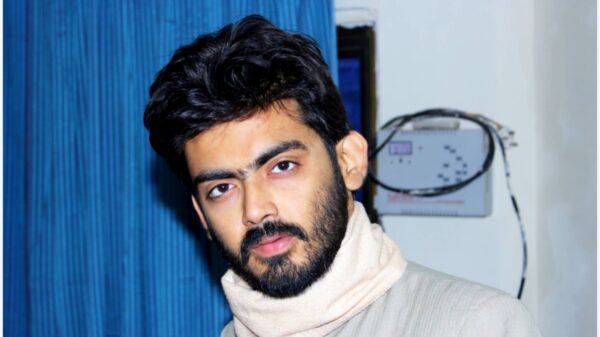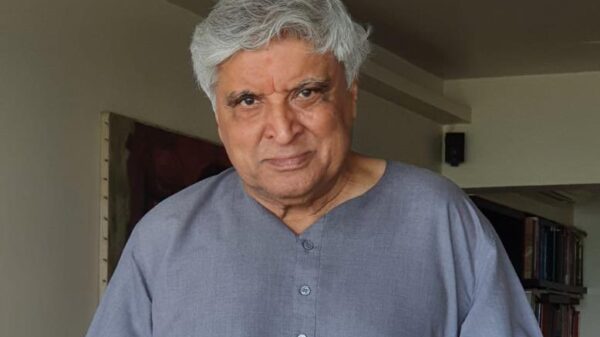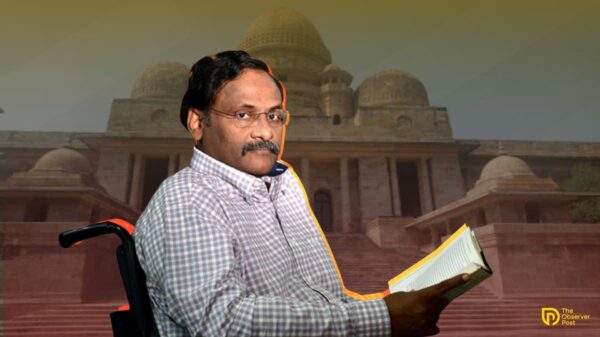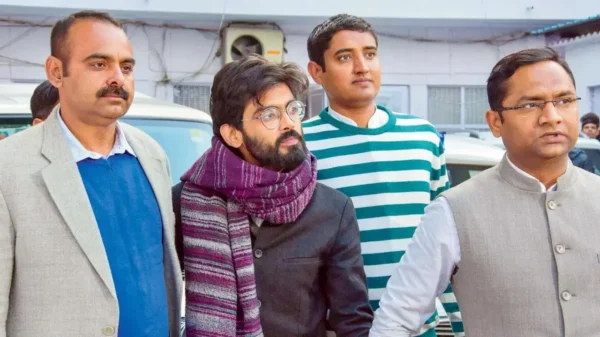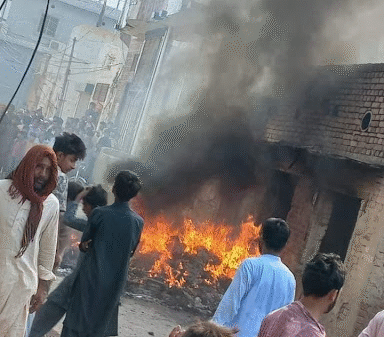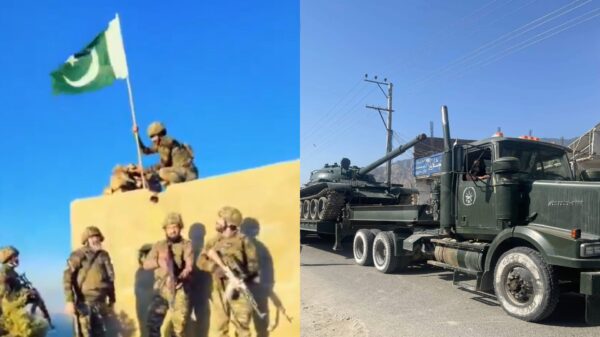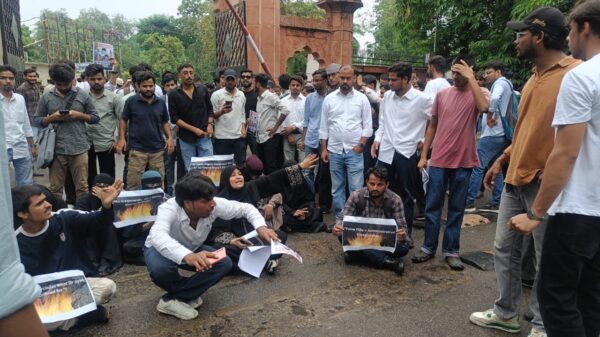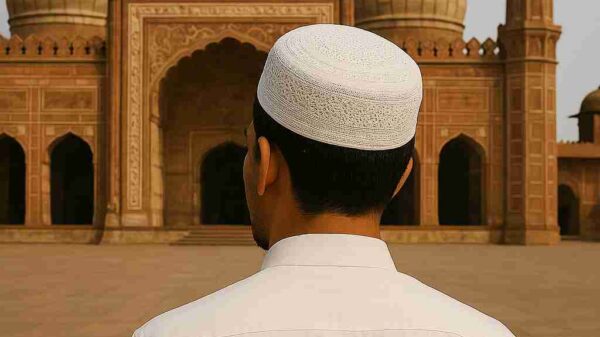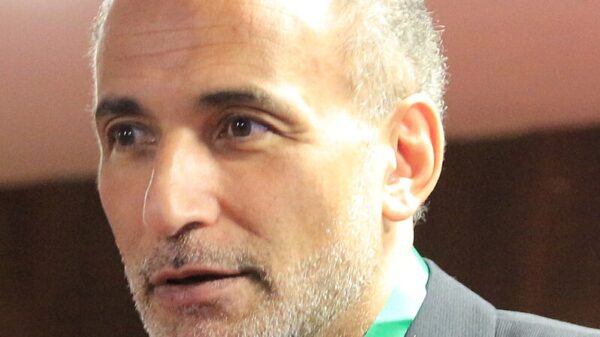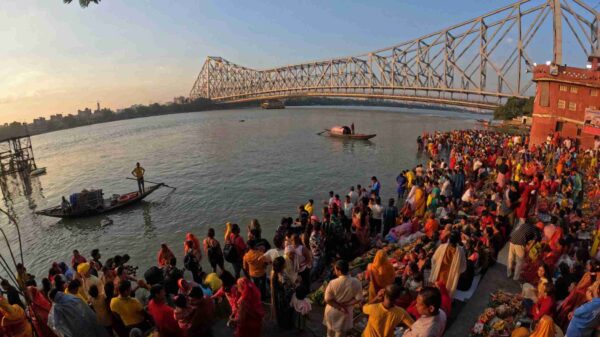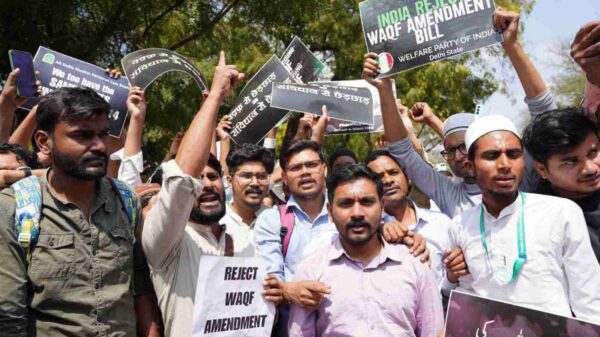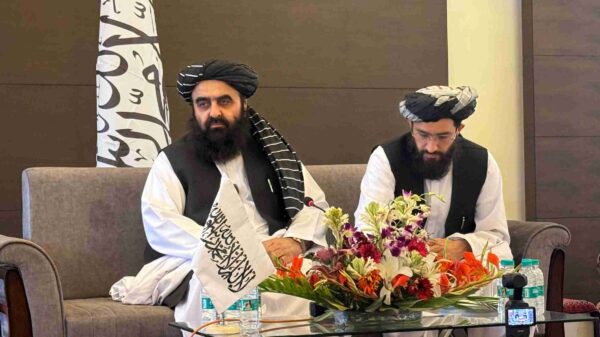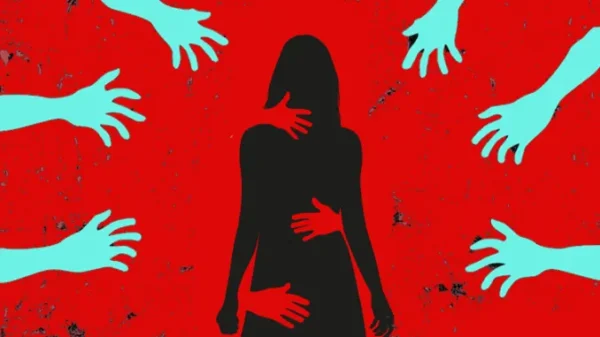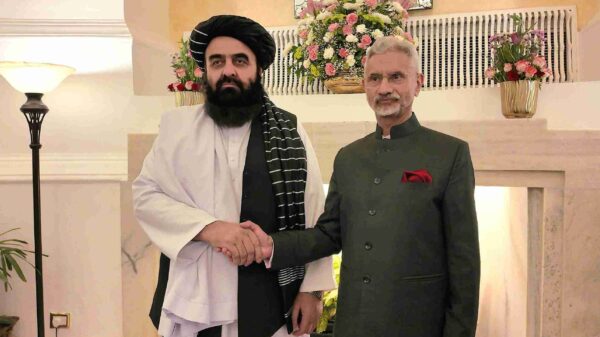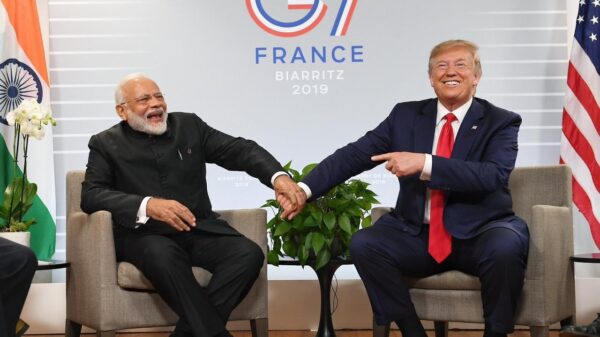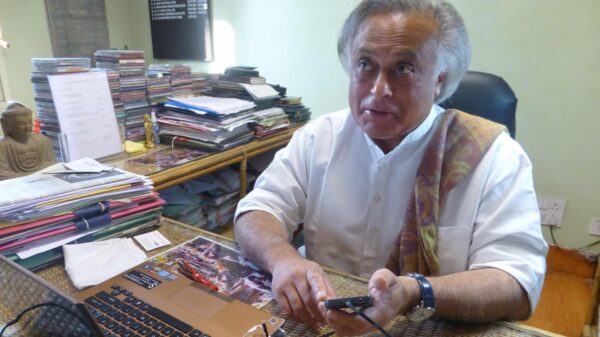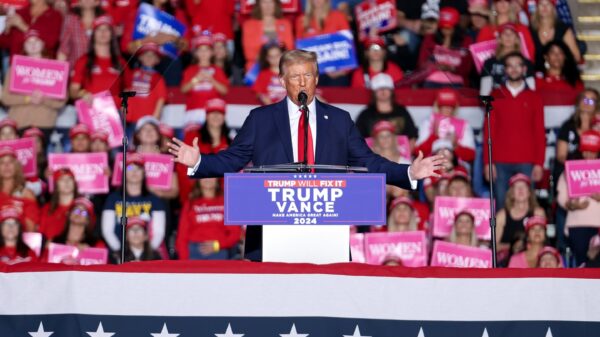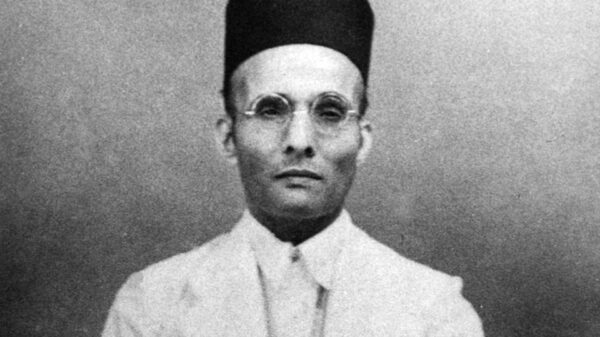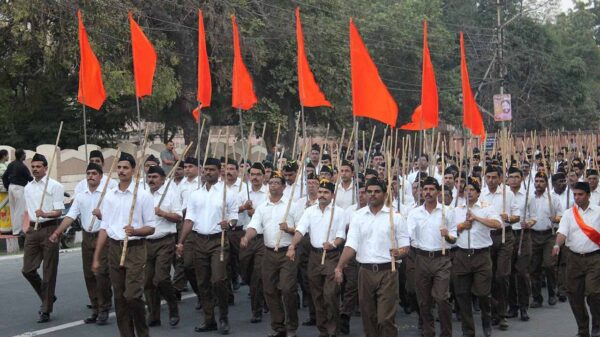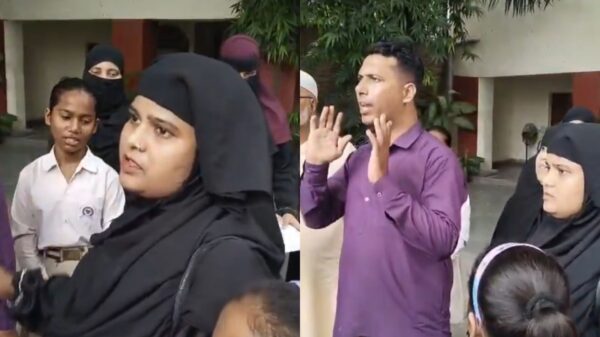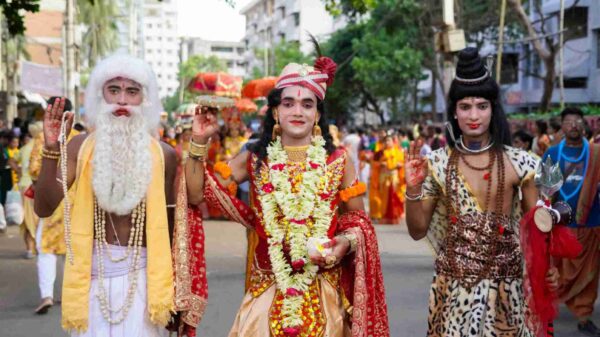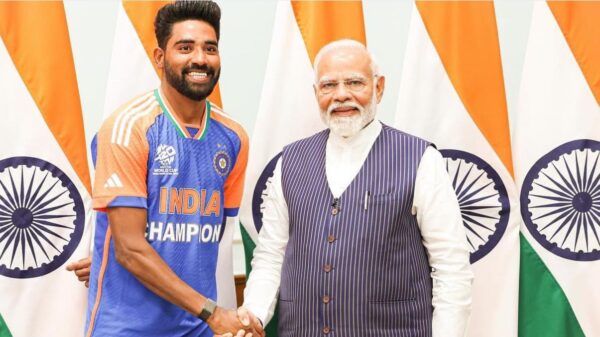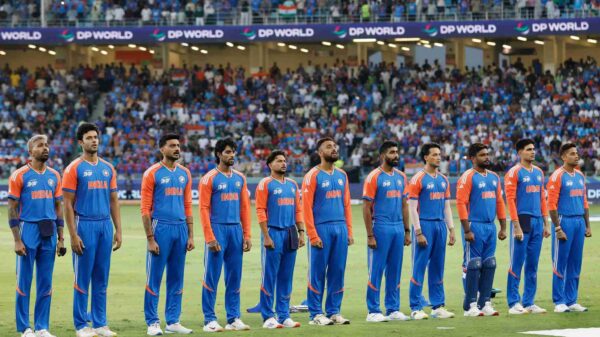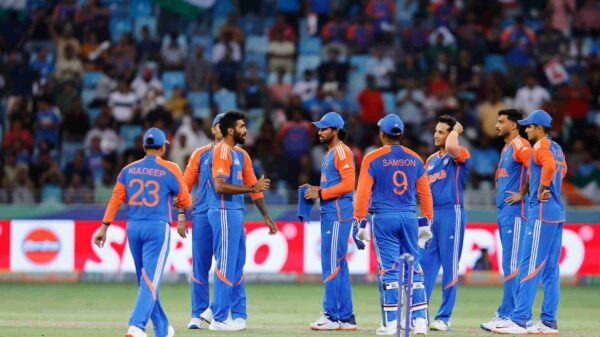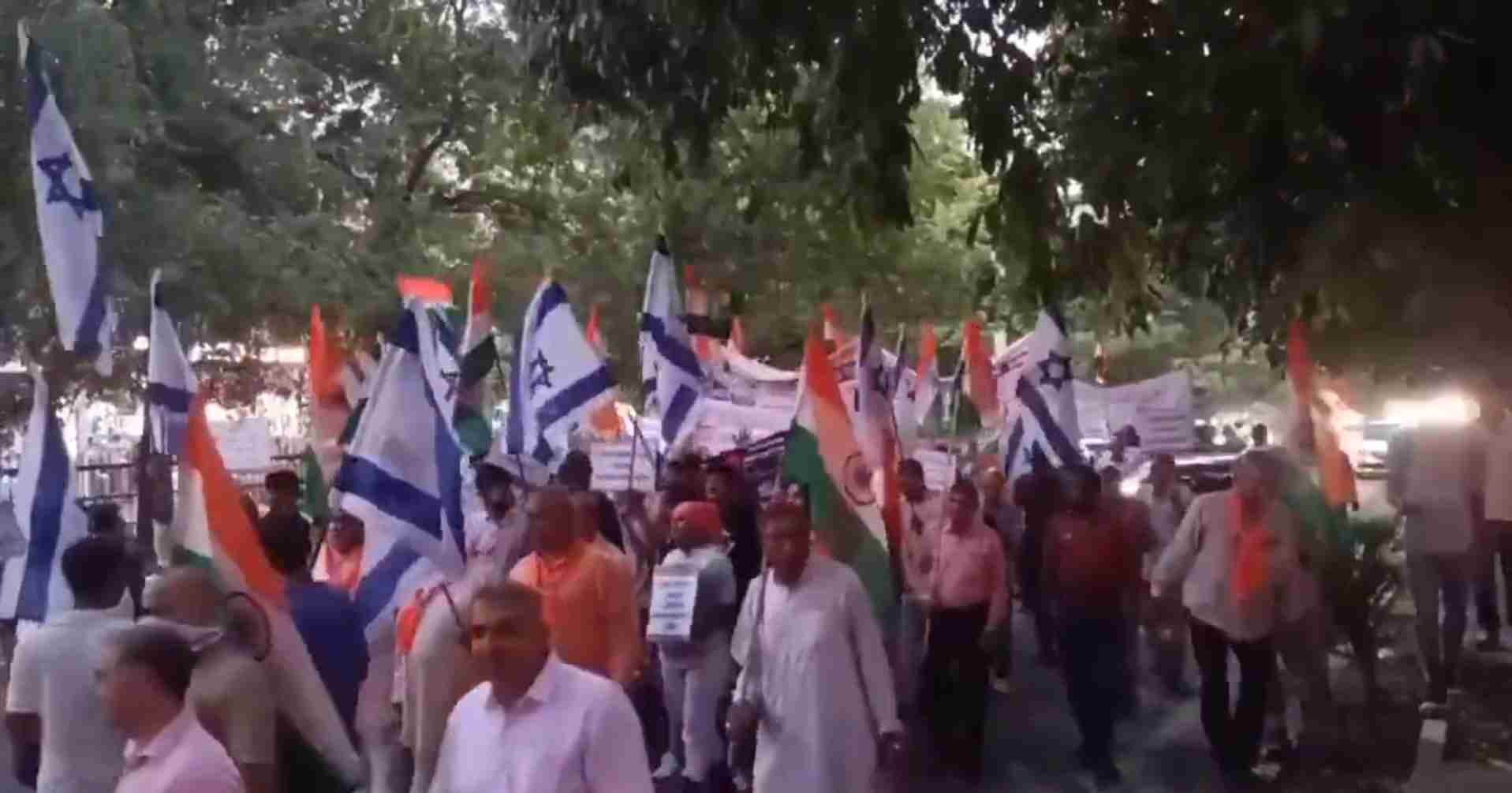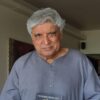As the world watches, it has somehow become normal to witness genocide, Palestinians being killed every day, waiting desperately for aid and help. This horror has been so easily normalized that it feels as if Palestinians are not considered human beings at all. As Israel’s brutal siege on Gaza unfolds, many in India have responded not with horror, but with applause. On social media, across television panels, and in everyday conversations, there is open admiration for Israel’s militarized might, and a chilling silence, if not outright celebration, of Palestinian suffering. Some even mock the killings, making memes and cruel jokes, or talk about “freeing Palestine”, but from the world map. Who are these people who take pleasure in watching children being murdered simply because of their background? And worse, where is the outrage? Where are the counter-protests from the same community under the banner of “Not in My Name”?
This phenomenon cannot be explained by mere geopolitics. Palestine has never posed a threat to Indians or to India as a state. Palestinians have not harmed Indians, nor do they occupy any territory. Yet, a significant, perhaps even majority, section of Indian society appears emotionally and ideologically aligned with Israel, even as its actions draw international condemnation. The reasons for this lie much closer to home, and much deeper in history.
Indian Muslims, who constitute about 14 percent of the total population, stand with Palestinians, along with all justice-loving Indians. But we are seeing cases and FIRs being filed against those who take out rallies in support of Palestine. Even waving the Palestinian flag on occasions such as Muharram draws action from the state, while Hindus openly wave the Israeli flag and mock the Palestinian genocide online, even in informal groups of students within India’s esteemed social science institute.
India as a state takes a very strategic stand on the global stage, but why does it criminalize support for Palestinians within its own borders? Why is this used as yet another excuse to target Muslims of India? And why do some Hindus celebrate the killing of children and make memes about it? Weren’t all Indians, Hindus and Muslims alike, once in the same position under British rule? Have Hindus forgotten their own freedom struggle? What is even more alarming is the absence of strong opposition from other Hindus under the banner of “Not in My Name.”
Indian Hindus support for Israel is not driven by strategic pragmatism alone. It is animated, in large part, by a deep-seated animus toward Muslims, both globally and domestically. In the Hindu nationalist imagination, Israel represents a successful ethno-nationalist state, one that subjugates a Muslim population with impunity and garners international legitimacy while doing so. This image of Israel resonates powerfully with those who wish to replicate such a model in India.
Consider the events in India itself. In May 2025, nearly 7,000 homes, most belonging to Muslims, were bulldozed in Ahmedabad, Gujarat. There was no mass outrage. No Hindu-majority protests. No collective grief. This silence was not accidental, it was approval disguised as apathy. It was the clearest expression of a wish: to enact at home what is admired abroad. Today, bulldozers target Muslim-owned homes and shops almost every day, along with mosques and graveyards. Lynching on the mere suspicion of being Muslim has become common. Muslim women are objectified, auctioned online, and targeted in what is often called the “Bhagwa Love Trap,” where Hindu men attempt to lure and convert Muslim women. The recent killings of Muslims in Sambhal, in the Indian state of Uttar Pradesh, are yet another horrifying example. After Hindus first claimed a mosque was a temple and the court permitted a survey, Muslims protested, especially after witnessing provocative slogans of “Jai Shree Ram” (a war cry) and the second survey that had no fresh order of the court. In response, the police opened fire, not at the legs to disperse the crowd, but at the chest and upper body, killing around 5 young Muslims. This is not an isolated incident. It is part of a daily life of humiliation, violence, and state-enabled persecution.
There are a number of such incidents that go unreported. Calls for the social and economic boycott of Muslims are often made publicly, with no action from the administration. In many cases, the administration itself is involved. This has all been normalized to such an extent that it hardly shocks Muslims anymore. They are used to seeing these horrors appear daily on their Twitter feeds or on small, independent media platforms, while mainstream media either ignores these cases or frames them in a way that supports the Hindu majority narrative. One such example is the growing terrorism in the name of cow protection.
On 4th or 5th around July 2025, cow vigilantes themselves recorded and posted a video on social media showing them violently attacking a vehicle suspected of carrying cattle, damaging it so badly that it overturned. The fact that the perpetrators proudly shared the footage reflects how emboldened they are, knowing the state will not act, such videos are very common on social media. In today’s India, cows seem to have more dignity, protection, and value than Muslim lives.
India has been accused of illegally deporting Muslim citizens to Bangladesh at gunpoint, bypassing legal procedures and disproportionately targeting the poor and vulnerable. Many of those deported were later confirmed to be Indian citizens and returned by Bangladeshi authorities. Rights groups say this reflects a deepening crackdown fueled by Hindutva ideology, where Muslims are routinely labelled as “infiltrators,” “Pakistanis,” or “Rohingyas”, terms even echoed by Prime Minister Modi, to justify persecution and erasure.
Even Bollywood, is increasingly becoming a tool for anti-Muslim propaganda. Films like The Kashmir Files, The Kerala Story, Chhaava, and most recently Udaipur Files push exaggerated, one-sided narratives that demonize Muslims and glorify Hindu nationalism. This shift in Indian cinema is not just about entertainment, it’s shaping public opinion, fuelling communal hatred, and serving as a cultural weapon in the hands of the Hindutva ecosystem, with real-life implications.
The glorification of Israel, then, is less about Israel and more about Indian Muslims. It is about aspiring to a vision of national identity that excludes, demonizes, and ultimately dominates them. The cheerleading for Israel’s war crimes is an expression of a domestic fantasy, one where Indian Muslims are rendered powerless, their history erased, their citizenship made conditional or stripped away.
This is not to say that every Indian who supports Israel is an outright Hindu nationalist. But ignorance is no longer a neutral position. In a country with access to information, choosing to remain uninformed, or to harbour hatred towards Palestinians, especially when that ignorance enables the vilification and dehumanization of Muslims, is itself a political act. Those who stay silent as genocide unfolds, while cheering for tanks and drones on social media, are not mere bystanders, they are complicit. If Hindus genuinely oppose Hindutva violence, why don’t they raise their voices? Why does their empathy end where Muslim lives begin? The Indian people have embraced Israel not just diplomatically, but ideologically. Security cooperation, surveillance tech, and arms deals have fused with a shared political imagination. The language of “terrorism,” “radicalism,” and “national security” provides the moral camouflage for what is, at its core, a project of ethno-religious supremacy.
Palestine, in this sense, becomes a mirror, reflecting not just Israeli colonialism but the aspirations of India’s own majoritarian politics. And just as Israel’s occupation persists with the support of Western powers, India’s internal colonization continues, enabled by a global silence and local complicity.
Almost every day, there is a call for the genocide of Muslims in this land, calling them infiltrators, traitors, and so on. The CNN report highlights a disturbing pattern where Hindu nationalist forces, backed by the state, provoke violence in Muslim-majority areas, often during religious processions such as Ram Navami, Hanuman Jayanti, or other Hindu festivals.
When Muslims defend themselves, they are killed by these mobs who arrive fully prepared. Those who survive are targeted by the state, which uses the violence as a pretext to demolish their homes and shops, label them as rioters, and jail them under various sections, including the UAPA. Victims are left homeless, jobless, and helpless, even when they had no role in the violence. The demolitions appear targeted, mostly affecting Muslims, and reflect the deepening marginalization and criminalization of India’s largest minority and most oppressed community. This systemic injustice has become normalized, while the legal system and government institutions have largely failed to protect Muslim citizens.
Even so-called secular forces either remain silent or deliberately avoid addressing this, fearing backlash from the core Hindu voter base or supporters. Most recently, in Varanasi’s Rajatalab, a 16-year-old Muslim girl was allegedly harassed by kanwariyas, Hindu pilgrims, who not only groped and flashed her in broad daylight, but then reportedly chased her with lathis. Her family says they have CCTV footage and eyewitnesses to support their claims. The police, however, filed an FIR not against the alleged attackers, but against her family instead. This perverse inversion of justice, where the survivor becomes the accused, is not an aberration, but a reflection of a state machinery that punishes Muslim resistance and rewards Hindu aggression. It mirrors the same logic of inversion seen in Israel, where Palestinians documenting their suffering are criminalized, while the occupying power enjoys impunity. In both places, the oppressed are rendered suspect simply for resisting their dehumanization.
This logic of inversion, where the victim is punished and the aggressor shielded, is not an anomaly but a structural feature of Hindutva governance. In Uttarakhand, the state is actively remaking itself into a “Hindu-only” land under the banner of Devbhoomi. Over 450 Muslim dargahs and mazars have been demolished under the pretext of clearing “encroachments,” while Hindu religious structures remain untouched. Indigenous Muslim communities, such as the nomadic pastoral Van Gujjars, who have lived in Uttarakhand’s forests for generations, are now being evicted in the name of conservation and are being forced to stop cultivating, while Hindu Pahadis are allowed to continue cultivation. At the same time, Hindutva organizations regularly organize mahapanchayats calling for economic boycotts of Muslims, banning Muslim vendors from religious fairs, and spreading Islamophobic conspiracies like “love jihad” and “spit jihad”, all designed to render Muslim presence illegitimate. Meanwhile, the Uniform Civil Code passed in the state, hailed as progressive, is in practice a majoritarian civil code. It abolishes Muslim personal law, bans polygamy, and enforces inheritance and marriage reforms that disproportionately impact Muslims. This isn’t about equality, it’s about religious homogenization.
Uttarakhand has become a laboratory for Hindutva’s ethno-religious project, where laws and bulldozers are used to script Muslims out of the state’s social, legal, and physical fabric. Like Israel’s ongoing project of Judaizing historic Palestine, invoking a 2,000-year-old biblical claim to justify settler expansion and the erasure of Palestinian presence, Uttarakhand’s transformation into Devbhoomi follows a similar trajectory of religious-nationalist territorialization. In both contexts, sacred land is weaponized to displace an unwanted Muslim community.
Following the same pattern, the recent ongoing large-scale evictions and deportations in Assam reveal a disturbing pattern of state violence, communal targeting, and demographic engineering that echoes the Israeli model of dispossession in Palestine.
Across Assam, over 5,300 Muslim families, primarily Bengali-origin, have been forcibly displaced without any provision for rehabilitation or fair compensation. Assam Chief Minister Himanta Biswa Sarma openly justified these actions, declaring that his government does not consider the occupation of public land by the indigenous population as encroachment, while simultaneously urging citizens not to assist those evicted. In a brazen institutionalization of religious discrimination, the Assam government has now ordered the withdrawal of pending Foreigner Tribunal cases against non-Muslims, Hindus and others, under the Citizenship Amendment Act (CAA), effectively granting legal immunity to non-Muslims while reinforcing the criminalization of Muslims. This decision formalizes a two-tiered citizenship regime, where religion determines the right to belong. In Goalpara’s Paikan Reserve Forest alone, over 1,080 families were removed in a single eviction drive. Protests against these evictions were met with police firing, resulting in the death of at least one Muslim youth.
Meanwhile, under the pretext of enforcing the Foreigners Act, more than 300 individuals, many of them Indian citizens, have been pushed back into Bangladesh, often at gunpoint and without due legal process through tribunals. Human Rights Watch reports that since May 2025, nearly 1,500 ethnic Bengali Muslims have been unlawfully expelled, and in over 100 cases, deportees were returned by Bangladeshi authorities after proving their Indian citizenship. This is not Gaza, it is Bajali, Assam, where Bengali-speaking Muslims have been rendered stateless, homeless, and destitute, crying and praying to Allah for relief. In the Dhubri eviction drive, families have been left without shelter, food, or basic security. Simultaneously, Hindu majoritarian groups in Dhemaji and elsewhere are openly rallying for the expulsion of “Bangladeshi Muslim infiltrators,” with some issuing ultimatums: “Vacate Upper Assam within 24 hours!”. During the ongoing eviction campaign, media footage has surfaced showing Assamese nationalist groups going door-to-door, threatening Bengali-speaking Muslim laborers to leave Upper Assam. What is unfolding in Assam mirrors the logic of Israel’s Judaization of historic Palestine, where land is weaponized to displace an unwanted religious community, erasing their history and criminalizing their presence. In both cases, state mechanisms are deployed to redraw the demographic map by forcibly displacing Muslims, branding them as outsiders, and systematically denying them legal, human, and civil rights. The intersection of state violence, ethno-religious nationalism, and settler-colonial logic reveals an unsettling model of governance, one that sacrifices democratic values in pursuit of majoritarian religious control.
It is time to name this clearly: support for Israel in India is not neutral. It is not apolitical. It is a symptom of a larger disease, an India where Muslims are expected to be silent, grateful, and invisible. The suffering in Gaza is beyond our imaginations. But so is the fantasy it inspires in the hearts of those who cheer it from afar. And unless we confront this fantasy head-on, the situation in India can turn drastically against Muslims. It can escalate at any time, in any form, given the impunity of those carrying out these acts. It feels dangerously near, just one call away, and this fantasy may soon find its way elsewhere, too.
The views expressed in this article are author’s own and do not necessarily reflect the policy of the platform.






